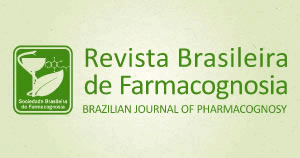Flow cytometry has been widely applied for studying several cellular activities. In this work it has been used to evaluate the effects of phytohemagglutinin, vinblastine, and vindoline upon human mononuclear cells immunomodulation. The same protocol was used to investigate the effects of extracts prepared from Chamomilla recutita (L.) Rauschert, Bauhinia microstachya (Raddi) Machr., and Himatanthus lancifolius (Muell. Arg.) Woodson, plants popularly known in Brazil as camomila, escada-de-macaco, and agoniada, respectively. The activity was then compared with the in vitro cellular morphological changes. By the results herein presented, the proposed method allowed the identification of the already known phytohemagglutinin and C. recutita extract proliferative effects, as well as for the B. microstachya extract, reported for the first time. The inhibition of vinblastine upon the proliferation of phytohemagglutin-stimulated cells and the lack of effects of vindoline were also evident. Exposition to H. lancifolius extract has led to inhibition of lymphocyte proliferation as a result of the high toxicity of the extract upon the system. Results presented strongly suggest flow cytometry as a useful instrument to evaluatethe immunomodulation effects of pure compounds or complex mixtures such as plant extracts upon human mononuclear cells.
Flow cytometry; immunomodulation; medicinal plants; indol alkaloids; Chamomilla recutita; Bauhinia microstachya; Himatanthus lancifolius






